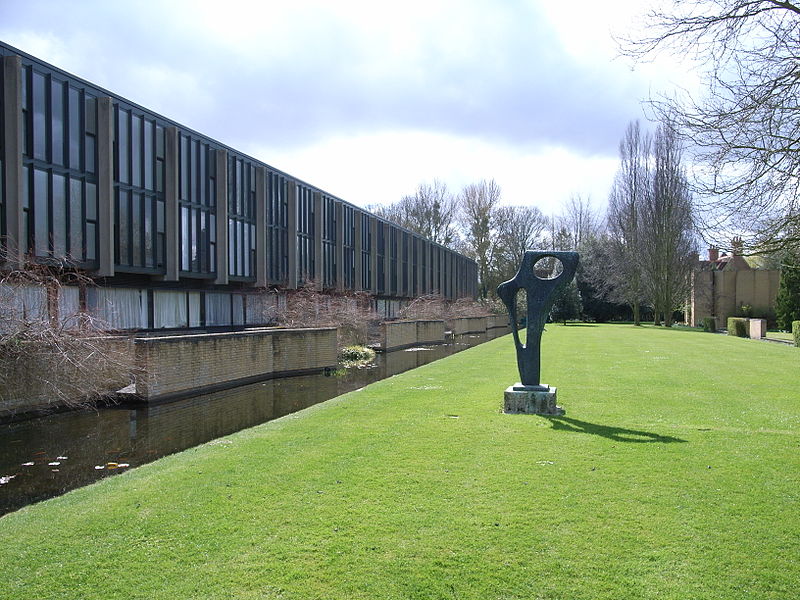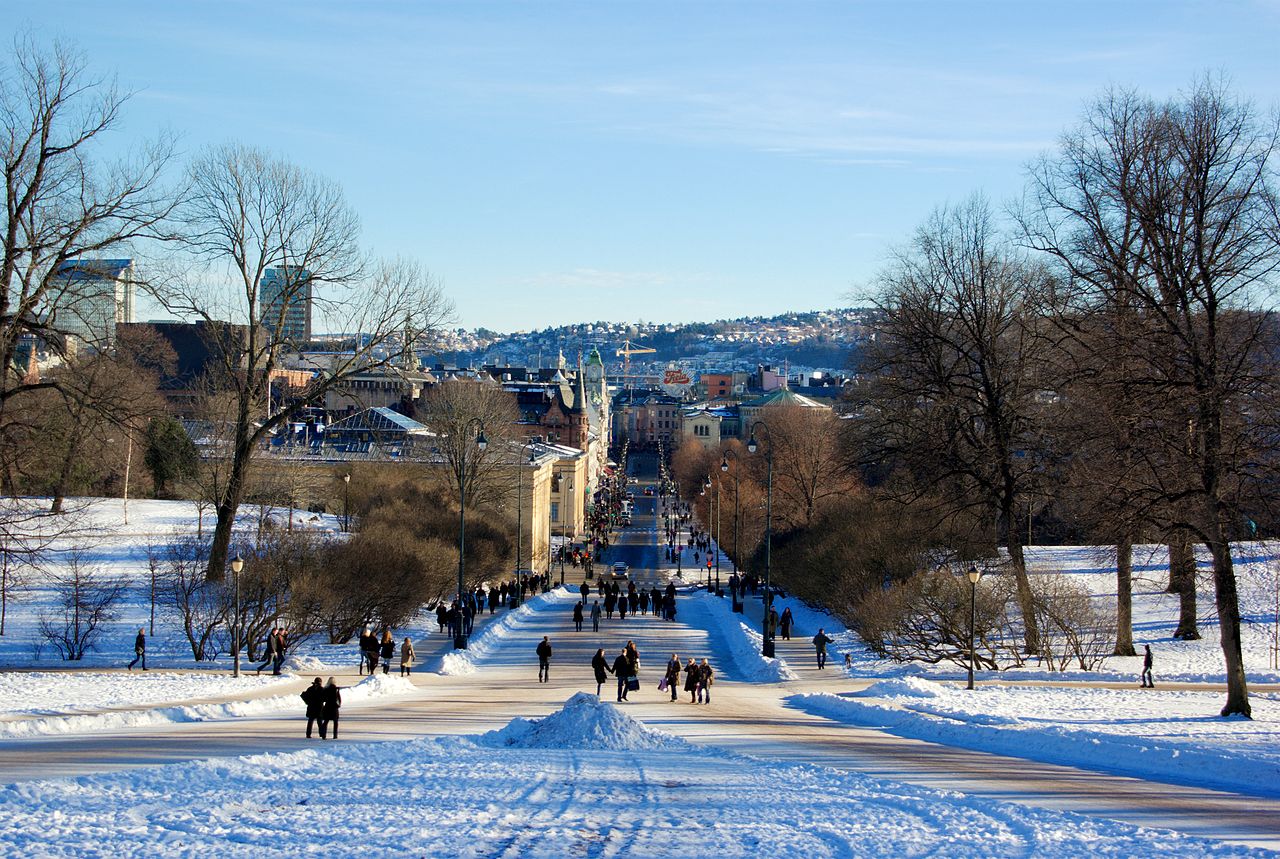This page has details of workshops and webinars organised, or co-organised, by the ALLIANCE ALLIANCE webinar: Assessing impact of radiopharmaceuticals on members of public and the environment The European Radioecology ALLIANCE has organized the webinar Assessing impact of production, use and disposal of radiopharmaceuticals on members of public and the environment, that will take place online Thursday 2nd June 2022 (9:30-16:30 Munich time). The webinar aims at gathering information including insight experiences from regulators, producers of radiopharmaceuticals and experts in the field of nuclear medicine necessary to carry out dose assessments for members of public and non-human-biota. ALLIANCE PhD student WEBINARs The ALLIANCE hosted two webinars for PhD students in June 2021 on a broad range of radioecological topics. The final agenda can be found at: https://radioecology-exchange.org/news-and-media/news/alliance-phd-webinars-7th-and-14th-june Thank you also to everyone who attended the webinars and helped to make them a success. The videos are now available if you would like to re-visit the talks or if you missed them on the day. Alliance PhD Webinar 7th June 2021: https://youtu.be/Isx1O79IV8A Alliance PhD Webinar 14th June 2021: https://youtu.be/9z6SC5yoHkQ We would also like to thank all the PhD students, our congratulations go to the prize winners: 1st year student: 1st prize: Margot Vanheukelom (SCK CEN) ‘The role of clay mineralogy on 137Cs bioavailability: clay-sand pot experimental approach‘ 2nd prize: Antonio Newman Portela (HZDR/University of Granada) ‘Microbially induced reduction of uranium in mine water’ Year 2 plus student: 1st prize: Clément Car (IRSN) ‘How population genetics can inform us about the evolution of tree frogs in the Chernobyl region?’ 2nd prize: Darcy van Eerten (Univ. Hannover) ‘Non-destructive mass spectrometry of single hot particles from the Chernobyl exclusion zone by laser SNMS’
WEBINAR ‘Chernobyl – a radioecological observatory’
The ALLIANCE are please to announce that we are hosting a webinar to showcase some of our collaborative studies conducted in the Chernobyl Exclusion Zone and highlight identified future research priorities. 14th January 2021 14:00 CET
Speakers:
To register please email: Miriam van Heist by 8th January 2021 See also our Chernobyl Observatory page CONFIDENCE - ALLIANCE workshop in Madrid, Spain | |
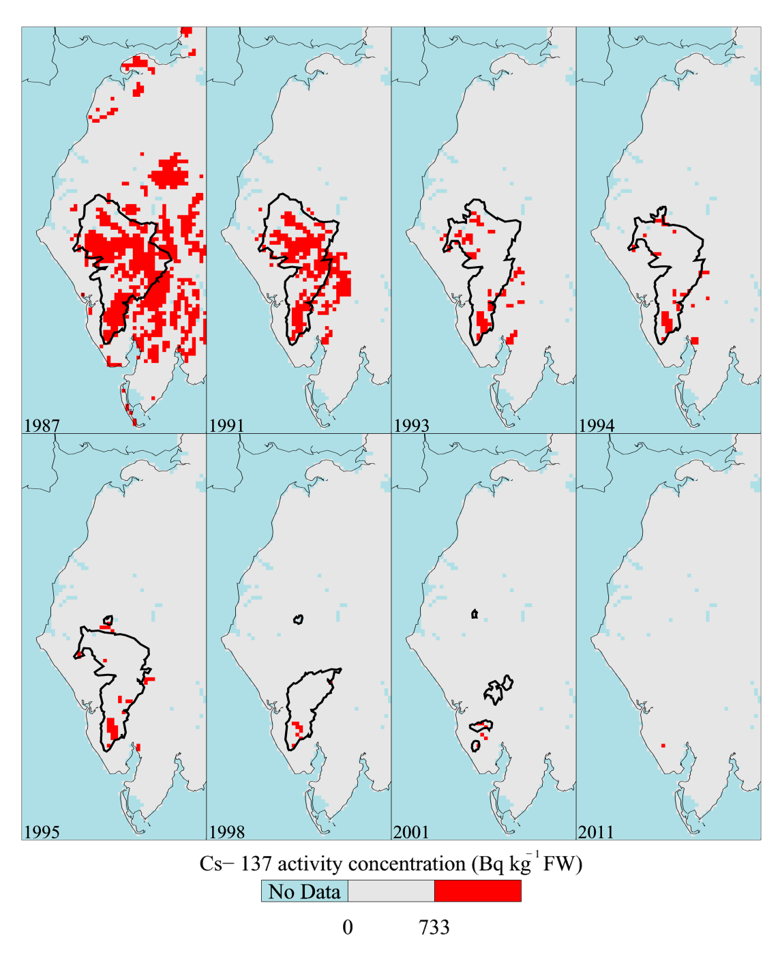 | Workshop: CONFIDENCE: Do Process-Based Models have a role in human food chain assessments Venue: CIEMAT, Madrid, Spain Dates: 9th -11th September 2019 Process-based models have existed for nearly two decades, but are still rarely used in emergency planning. This workshop will bring together modellers, scientists and importantly end-users to discuss advances in foodchain transfer with an emphasis on process-based soil-plant transfer models. One aim of the workshop will be to investigate the potential adoption of process-based models by end-users and also identify future research priorities for human foodchain modelling. Selected presentations from the workshop
Posters presented at the workshop
Deliverables and papers by the CONFIDENCE working group of relevance to the workshop
|
TREE - ALLIANCE workshop in Portsmouth, UK | |
 Photo: Luke Massey http://www.lmasseyimages.com/ | Workshop: TREE - ALLIANCE workshop on Radiation effects studies conducted in the Chernobyl Exclusion Zone Venue: Portsmouth Dates: 4th-6th March 2019 The workshop brought together scientists from the TREE project (https://tree.ceh.ac.uk/) and European Radioecology ALLIANCE (http://www.er-alliance.eu/) who have been working in the Chernobyl Exclusion Zone. A statement by European scientists on future research priorities arising from the workshop: 'Towards solving a scientific controversy – the effects of ionising radiation on the environment'. J. Environ. Radioact. In press, https://doi.org/10.1016/j.jenvrad.2019.106033 |
COMET Workshop in Chernihiv, Ukraine | |
Workshop: Thirty years after the Chernobyl accident what do we know about the effects of radiation on the environment? Venue: Hotel Ukraine, Chernihiv, Ukraine The workshop was focused on what we have learnt from studies of the effects of radiation on the environment in the Chernobyl Exclusion Zone (CEZ) and what questions still remain. It will included presentations giving an overview of results from those groups which have studied the environment with the CEZ and also those currently working there. An evaluation of studies conducted in Japan following the Fukushima accident was also be given. There were a number of discussion sessions on topics such as:
Aims of the workshop: To recognise the implications of contrasting results from studies in the CEZ and to identify priority research needs and possibilities. Presentations and abstracts are here Workshop report | |
| COMET Workhop on Radioecological Modelling | |
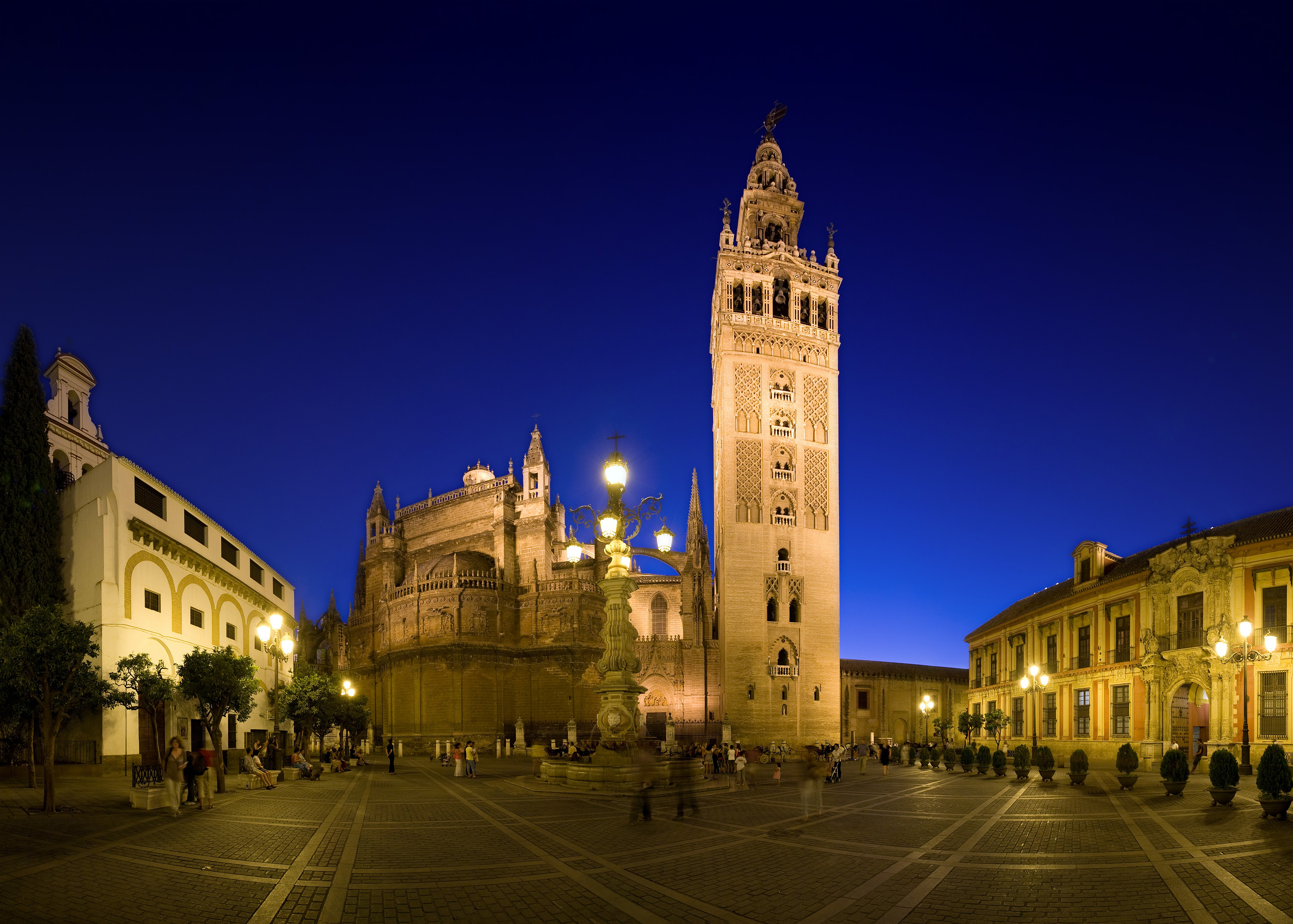 | Workshop: “Models fit for purpose” June 15-17, 2016 in Seville, Spain Venue: The workshop was hosted by the University of Seville, in the Spanish Accelerator Centre (CNA), Seville, Spain. Objectives: The objective of the workshop was to discuss modelling as fit for purpose, by organizing a dialogue and obtaining feedback from modellers, experimentalists and stakeholders on this subject. Questions addressed at the workshop were:
Workshop report |
| COMET workshops in Japan (1) ICOBTE conference (2) Fukushima workshop | |
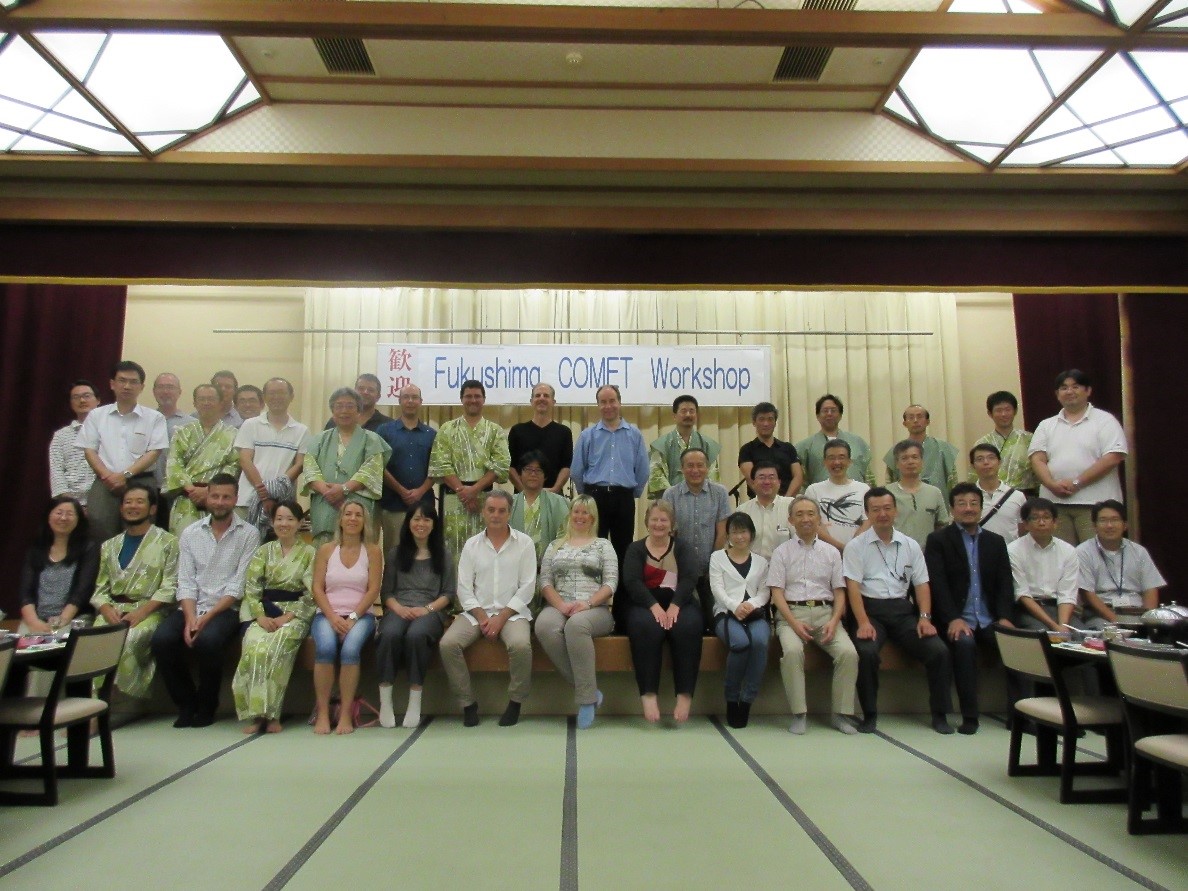 | The second COMET workshop comprised of three events in July 2015. These were (i) A special session at the 13th International Conference on the Biogeochemistry of Trace Elements (ICOBTE) held at the Fukuoka International Congress Centre on 12th – 16th July 2015. The Symposium was on “Understanding and mitigating the environmental behaviour of radiocaesium after the Fukushima accident”. There were 73 presentations, including 25 posters, from 9 countries. (ii) an associated excursion on 17th July 2015 to the region affected by the Fukushima accident, and (iii) the COMET Fukushima Workshop at Iizaka, Fukushima, on the 18th – 19th July 2015. The workshop, organised by the Institute for Environmental Radioactivity at Fukushima University, had 42 participants from 6 countries. The speakers covered a wide range of topics and summarised current key findings and issues.
|
| STAR - IAEA MODARIA programme 'Making data available' | |
20-21 April 2015, IAEA, Vienna
Workshop report with hyper-linked presentations | |
| STAR - MODARIA Kd Workshop - follow up | |
Photo: Joan Albert Sanchez Cabeza, IAEA | 15-17 April 2015, IAEA, Monaco Co-operation between STAR and IAEA MODARIA WG4 has facilitated the enhancement and improvement of partition coefficient (Kd) values, which are relevant for both human and environmental assessments. MODARIA WG4 has brought together an international community which has provided substantial amounts of new data from various member states to revise the Kd datasets. The focus of MODARIA WG4 has currently been on soil and freshwater. The main objectives of the Kd activities are to: (i) Conduct a critical review of literature of soil and freshwater Kd values to describe Kd variability (ii) Develop a common data base structure that will can be used by modellers to estimate Kd values and variability in soil, fresh water, and marine systems (iii) To assess the use of analogues to estimate Kd values for which there is little information (iv) Develop/identified approaches to describe and reduce uncertainty of Kd values (v) Identify additional data needs. The meeting in Monaco enabled the STAR and MODARIA WG4 participants to benefit from the expertise of IAEA staff in developing and maintaining databases. We also discussed whether there was a need for revision of the current marine Kd values in TRS 422. Powerpoint presentations of the meeting will be uploaded onto the MODARIA WG4 website. Associated Papers
|
| STAR & COMET 'Effects uncertainties workshop' | |
Photo: stevecadman on Flickr | 10th - 12th December 2014, St. Catherine's college, Oxford Workshop on Transgenerational and Epigenetic Mechanisms of Radiation Toxicity at Chronic Doses. This was a joint activity between STAR and COMET to bring together biological scientists studying transgenerational and epigenetics effects during chronic and long-term chemical and radiological exposures in the laboratory and field. Unfortunately, as a number of novel studies were presented (see agenda) the attendees have requested that their presentations are not made available here. |
| STAR 'Wildlife dosimetry workshop' | |
 | 10th-12th June 2014, CIEMAT, Madrid The workshop addressed a wide spectrum of questions related to the ionising radiation dose estimation in animals and plants, involving world leading experts in each of the subjects treated. There were 30 participants from 12 countries (Belgium, Canada, USA, Spain, France, Germany, Japan, Norway, Portugal, United Kingdom, Russia and Sweden). See: Wildlife dosimetry workshop for more information. |
| STAR & IAEA MODARIA 'Kd data' | |
Photo: Bjørn Erik Pedersen - Own work, © | 20th- 22th May 2014, NRPA, Oslo Joint activity between STAR and IAEA MODARIA programme.
|
Page last updated: July 2022


